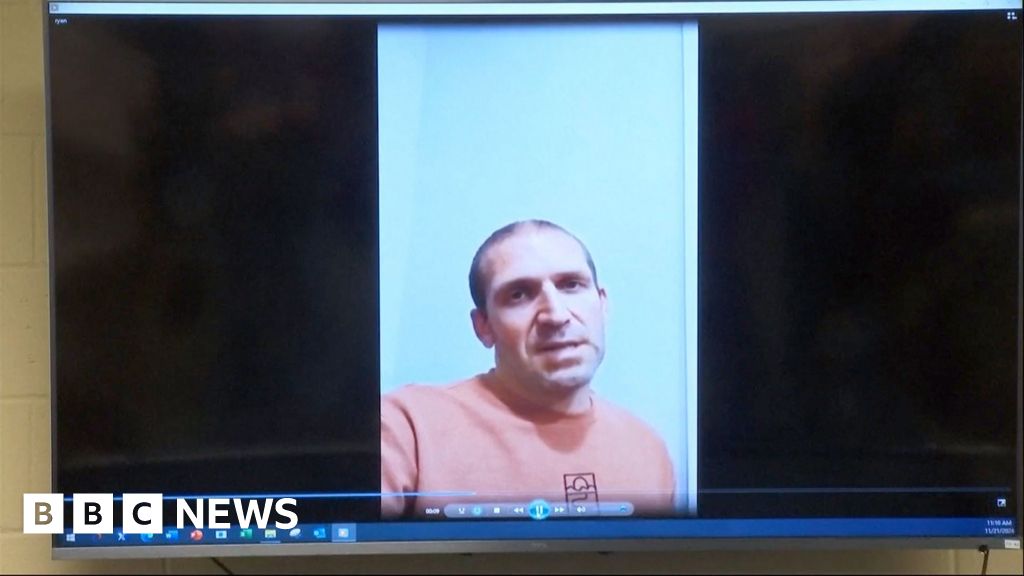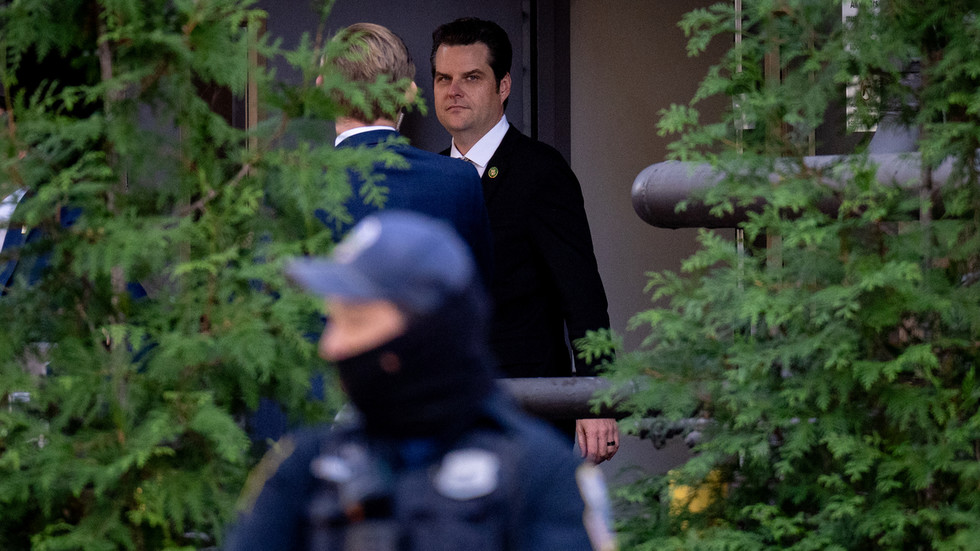NEW DELHI: High tension is simmering along the Korean border as South Korea's army forced the North Korean troops to retreat by firing warning shots after Pyongyang soldiers intruded the rivals' land border for the third time this month.
After Seoul's action at the border, South Korea's Joint Chief of Staff said several North Korean troops crossed the military demarcation line on Thursday while engaging in unspecified construction work on the north side of the border.
However, Seoul has not deemed the previous two intrusions intentional as the North Korean soldiers retreated after the warning shots and did not retaliate.
The soul has been maintaining a hawk-eye on the rapid construction activity being carried out by the Pyongyang troops since April. The activity includes the installation of suspected anti-tank barriers, reinforcing roads and plantation of land mines.
The tension has gone beyond the ambit of the military as some
South Korean activists
on Friday again flew large balloons portraying
anti-North Korean leaflets
towards
North Korea
. The campaign has revived the Cold War memories that had marred both the nations for years.
The South Korean civilian group, led by North Korean defector Park Sang-hak, told news agency AP that it "floated 20 balloons attached with 300,000 propaganda leaflets, 5,000 USB sticks with
South Korean pop songs
and TV dramas, and 3,000
US dollar bills
from the South Korean border town of Paju on Thursday night".
After previous leafletting by Park's group and other South Korean activists, North Korea retaliated with more than 1,000 balloons that dropped tons of trash in South Korea, smashing roof tiles and windows.
Tensions between North and South Korea are at their peak in years as Kim Jong-un advanced his nuclear weapons and missile programs. The escalation aims to bolster his regional influence amid aligning with Russian President Vladimir Putin against the US-led West.

 5 months ago
17
5 months ago
17








